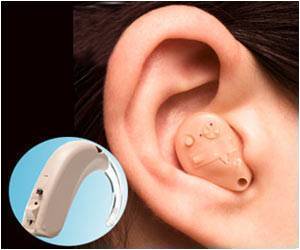With over $2.4 million in new federal funding, experts will study how exposures to stressors that are prevalent in the urban industrialized environment — both chemical and non-chemical — impact human health in Detroit and beyond.

CURES places special emphasis on understanding how environmental exposures during life windows of heightened susceptibility can adversely affect health, particularly in vulnerable persons such as children and adults of low socio-economic status, older adults, first responders, and refugees. At the heart of CURES is a grass-roots community engagement program committed to improving healthy living and working environments in the city of Detroit. CURES applies team-based approaches that integrate multiple disciplines to address pressing environmental health problems.
CURES is co-led by Wayne State faculty members Melissa Runge-Morris, M.D., director of the Institute of Environmental Health Sciences (IEHS) and professor of oncology, and Bengt Arnetz, M.D., Ph.D., M.P.H., M.Sc.Epi., deputy director of IEHS and professor of family medicine and public health sciences.
Source-Eurekalert










